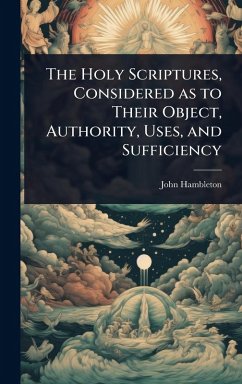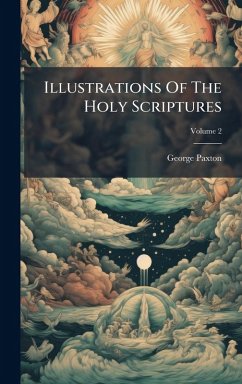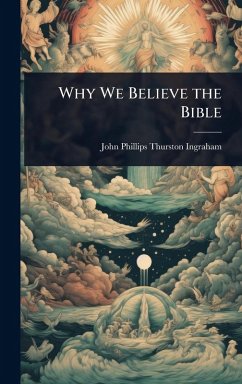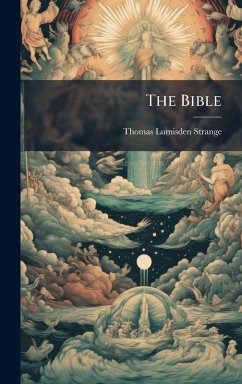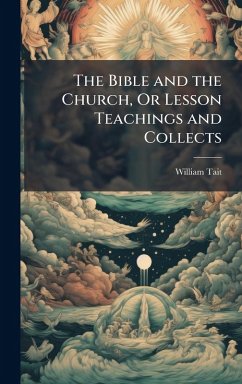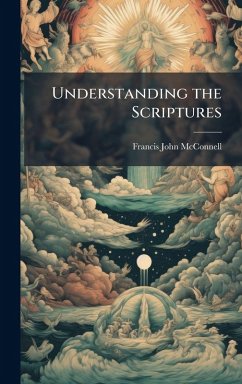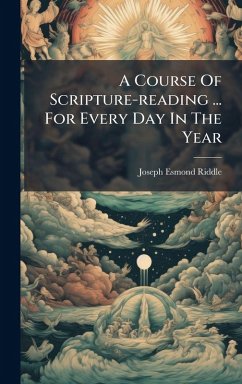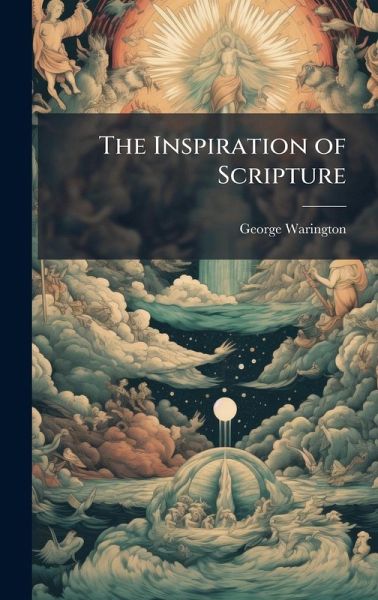
The Inspiration of Scripture
Versandkostenfrei!
Versandfertig in über 4 Wochen
32,99 €
inkl. MwSt.
Weitere Ausgaben:

PAYBACK Punkte
16 °P sammeln!
"The Inspiration of Scripture: Its Limits and Effects" (1867) by George Warington explores the nature and extent of divine inspiration in the Bible. Warington delves into critical questions surrounding the authority and interpretation of scripture, examining the interplay between divine influence and human authorship. This enduring theological work grapples with the challenges of reconciling faith and reason, offering insights into the historical and intellectual context of biblical texts. Warington's exploration remains relevant for contemporary readers seeking a deeper understanding of the f...
"The Inspiration of Scripture: Its Limits and Effects" (1867) by George Warington explores the nature and extent of divine inspiration in the Bible. Warington delves into critical questions surrounding the authority and interpretation of scripture, examining the interplay between divine influence and human authorship. This enduring theological work grapples with the challenges of reconciling faith and reason, offering insights into the historical and intellectual context of biblical texts. Warington's exploration remains relevant for contemporary readers seeking a deeper understanding of the foundations of Christian belief and the ongoing dialogue between religion and science. This work has been selected by scholars as being culturally important, and is part of the knowledge base of civilization as we know it. This work was reproduced from the original artifact, and remains as true to the original work as possible. Therefore, you will see the original copyright references, library stamps (as most of these works have been housed in our most important libraries around the world), and other notations in the work. This work is in the public domain in the United States of America, and possibly other nations. Within the United States, you may freely copy and distribute this work, as no entity (individual or corporate) has a copyright on the body of the work. As a reproduction of a historical artifact, this work may contain missing or blurred pages, poor pictures, errant marks, etc. Scholars believe, and we concur, that this work is important enough to be preserved, reproduced, and made generally available to the public. We appreciate your support of the preservation process, and thank you for being an important part of keeping this knowledge alive and relevant.



